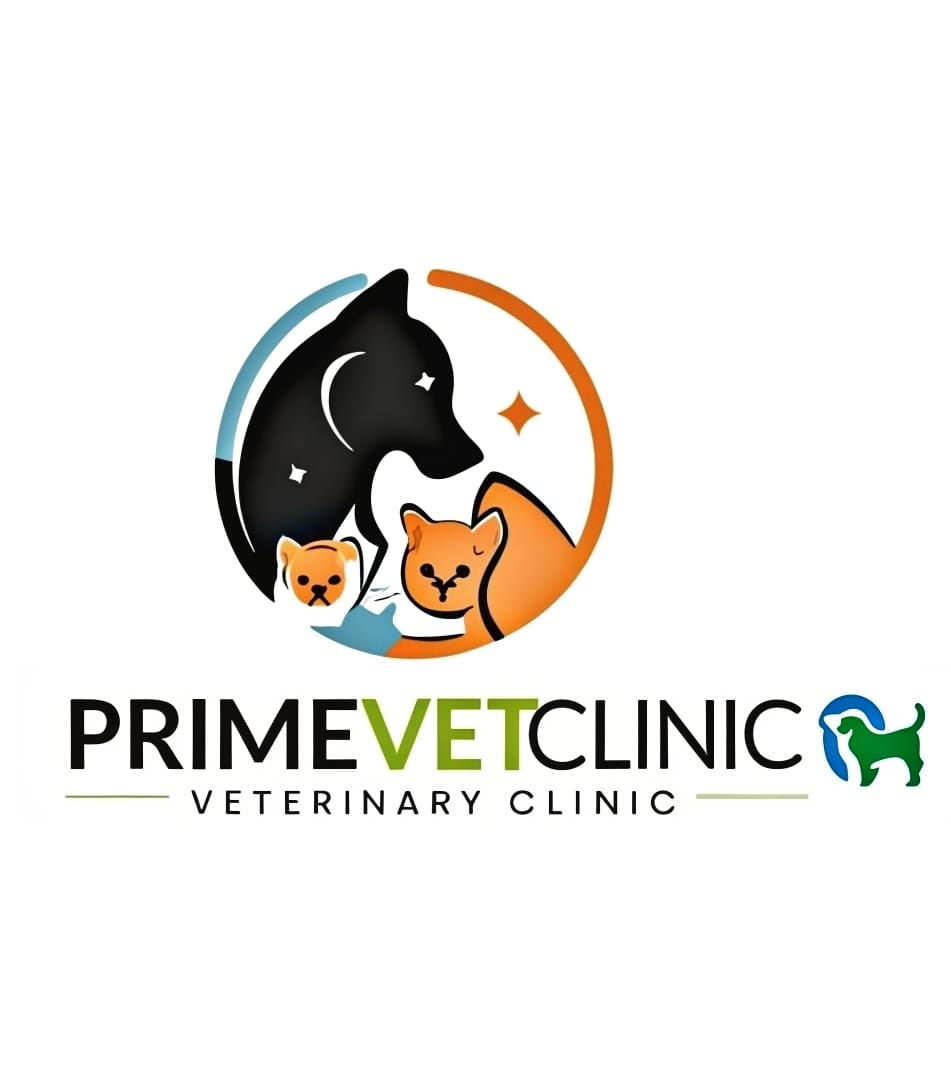


Posted by: admin on December 21, 2024
Parvoviral Infection (Parvo) in Puppies
Parvoviral infection, commonly known as parvo, is a highly contagious and potentially life-threatening disease that affects puppies. Here's a comprehensive overview:
What is Parvo?
Parvo is a viral disease caused by the canine parvovirus (CPV). It primarily affects puppies under six months old, but can also affect adult dogs.
Transmission:
1. Fecal-oral transmission: Puppies can contract parvo by ingesting contaminated feces, soil, or water.
2. Direct contact: Puppies can also contract parvo through direct contact with an infected puppy's feces, vomit, or saliva.
3. Indirect contact: Contaminated food and water bowls, toys, and environments can also spread the virus.
Symptoms:
1. Vomiting: Severe vomiting, often accompanied by diarrhea.
2. Diarrhea: Bloody diarrhea, which can lead to dehydration.
3. Lethargy: Puppies may become lethargic and depressed.
4. Loss of appetite: Puppies may refuse to eat or drink.
5. Fever: Puppies may develop a fever.
Diagnosis:
1. Physical examination: A veterinarian will perform a physical examination to assess the puppy's condition.
2. Fecal testing: A fecal test can detect the presence of parvovirus.
3. Blood tests: Blood tests can help identify secondary infections or complications.
Treatment:
1. Supportive care: Puppies require intensive supportive care, including fluid therapy, antibiotics, and anti-nausea medication.
2. Hospitalization: Puppies often require hospitalization to manage symptoms and prevent complications.
3. Antiviral medication: Antiviral medication may be prescribed to help manage the virus.
Prevention:
1. Vaccination: Puppies should receive a series of parvo vaccinations starting at 6-8 weeks old.
2. Isolation: Keep puppies isolated from other dogs until they have completed their vaccination series.
3. Good hygiene: Practice good hygiene, including frequent handwashing and disinfecting contaminated areas.
4. Avoid high-risk areas: Avoid areas where parvo outbreaks have occurred.
Prognosis:
The prognosis for puppies with parvo is guarded, and the mortality rate can be high. However, with prompt and aggressive treatment, many puppies can recover.
What to Do If You Suspect Parvo:
1. Contact a veterinarian immediately: If you suspect parvo, contact a veterinarian immediately.
2. Keep the puppy isolated: Keep the puppy isolated from other dogs to prevent the spread of the virus.
3. Follow veterinary advice: Follow the veterinarian's advice and treatment plan to ensure the best possible outcome.
Hello: bsHkY STbzxxR UWQIm GqqWoKOO uZLgQ
April 18, 2025, 11:47 pm
Hello: CCeoj YSWHqX iOxdOzB vIM nlxgH
May 4, 2025, 1:34 am